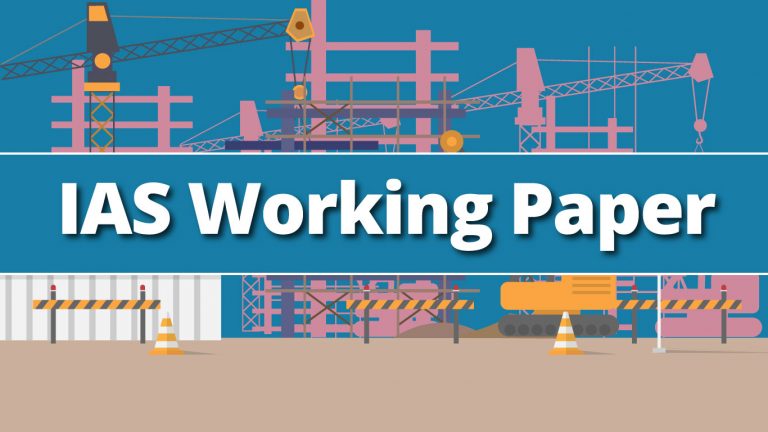The Institute of Asian Studies at Universiti Brunei Darussalam is pleased to announce the publication of IAS Working Paper No 73: Revisiting the Chinese Sources on Early Southeast Asian History by Liam C. Kelley.
Please see below for details.
Abstract:
Chinese sources have played a very important role in the writing of early Southeast Asian history. However, scholars have struggled to understand the information in those sources and over the past century, there have been countless different interpretations that have been put forward. In this paper, we revisit the Chinese sources on early Southeast Asian history and do not simply offer a new interpretation, but also attempt to demonstrate why previous scholarship has been inaccurate. In particular, previous generations of scholars failed to recognize the way that Chinese scholars in the seventeenth and eighteenth centuries distorted information about Southeast Asia by (arbitrarily) equating historical placenames with the names of contemporary kingdoms. In doing so, they made false connections between placenames, thereby leading later scholars astray. In this paper, we return to the earliest sources and build our knowledge from scratch. What emerges is a new picture of early Southeast Asian history and one that is free of the many textual problems and contradictions that scholars have struggled with over the past century.
Liam C. Kelley is an Associate Professor of Southeast Asian Studies at the Institute of Asian Studies (IAS) at Universiti Brunei Darussalam (UBD). Primarily a historian of premodern Vietnam, he has published on a variety of topics, from the culture of premodern Sino-Vietnamese diplomatic relations to the medieval construction of Vietnamese antiquity, to the impact of globalization and the digital revolution on area studies, to the history of the Southeast Asian polity of “Srivijaya.”
To see more IAS Working Papers, please visit the IAS Working Papers web page.


